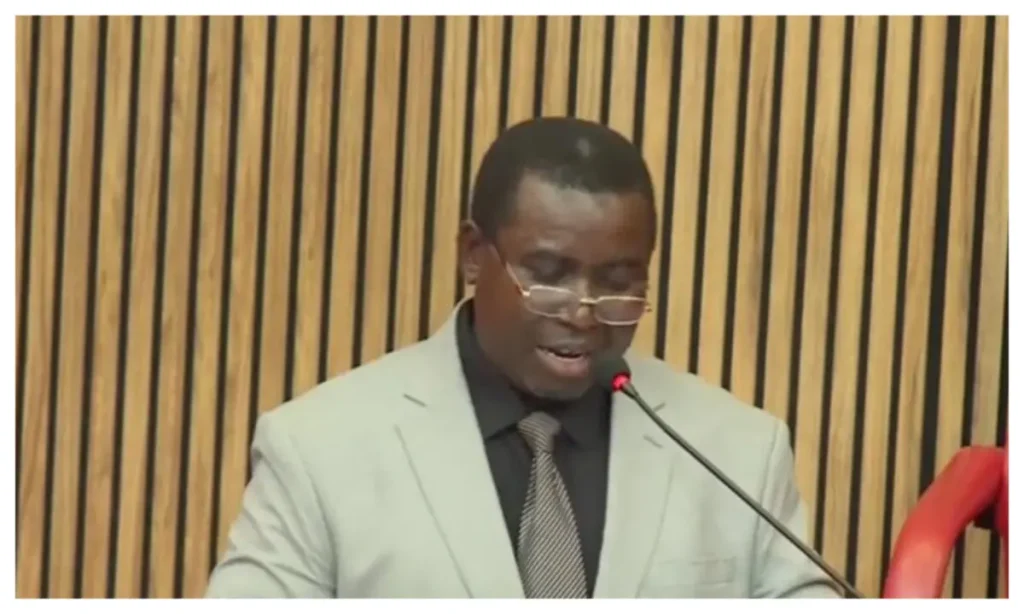
Garba Mohammed
The new Chairman of the Independent National Electoral Commission (INEC), Prof. Joash Amupitan (SAN), has declared that Nigeria must end the culture of deciding elections in courtrooms rather than at the ballot box. He insisted that the true test of democracy lies in the credibility of votes cast at polling units, not in post-election legal battles.
Speaking on Monday at the 56th Annual Conference of the Nigerian Association of Law Teachers (NALT) held at the University of Abuja, Prof. Amupitan condemned what he described as the “judicialization” of Nigeria’s elections. He said the era of endless litigation over party primaries and internal disputes must come to an end if democracy is to be strengthened.
Amupitan, who was sworn in last week by President Bola Tinubu, expressed concern over the high number of pre-election suits that preceded the 2023 general elections. “Over 1,000 pre-election cases were filed before the 2023 polls. That is not democracy; it is litigation by other means,” he said.
According to him, any meaningful reform must start with political parties themselves. “When political parties respect their constitutions, comply with the Electoral Act, and align with the Nigerian Constitution, the flood of pre-election cases will disappear,” he asserted.
He emphasized that his vision for INEC is to make the law serve as a tool for order and progress rather than confusion. “My goal is to ensure that when elections are conducted properly, even those who lose will have confidence in the process and congratulate the winners. That is the sign of a mature democracy,” Amupitan noted.
The INEC chairman also called on the National Assembly to strengthen the country’s electoral laws to ensure internal democracy, transparency, and accountability within political parties. While acknowledging that such reforms may not please everyone, he insisted that public trust in elections must take precedence over personal or partisan interests.
“We cannot continue to allow the courts to decide who wins our elections. Elections must be won at polling units, not in the courtroom,” he declared to thunderous applause from participants.
Addressing a hall filled with law teachers, jurists, and students, the INEC boss urged academics to play a more active role in reforming the nation’s legal culture. He challenged legal scholars to teach law as a force for justice and reform, not as an instrument of personal ambition. “As law teachers, we must raise a generation that values integrity over influence and justice over convenience,” he said.
Prof. Amupitan attended the event with his wife, Prof. Yemisi Amupitan, a respected legal academic and member of the NALT Board of Trustees.
In his welcome remarks, the President of NALT and Dean of the Faculty of Law, University of Ibadan, Prof. John Akintayo, commended the INEC Chairman for his reform-driven vision. He noted that national development depends on laws that are capable of anticipating and shaping societal change.
Conference Chairman, Prof. Uwakwe Abugu of the University of Abuja, explained that this year’s gathering would address pressing national issues such as food security, artificial intelligence, biotechnology, and the urgent need for legal reforms to meet contemporary governance challenges.
The event brought together prominent scholars, policy experts, and practitioners, all united by a shared call for credible elections and stronger democratic institutions in Nigeria.
